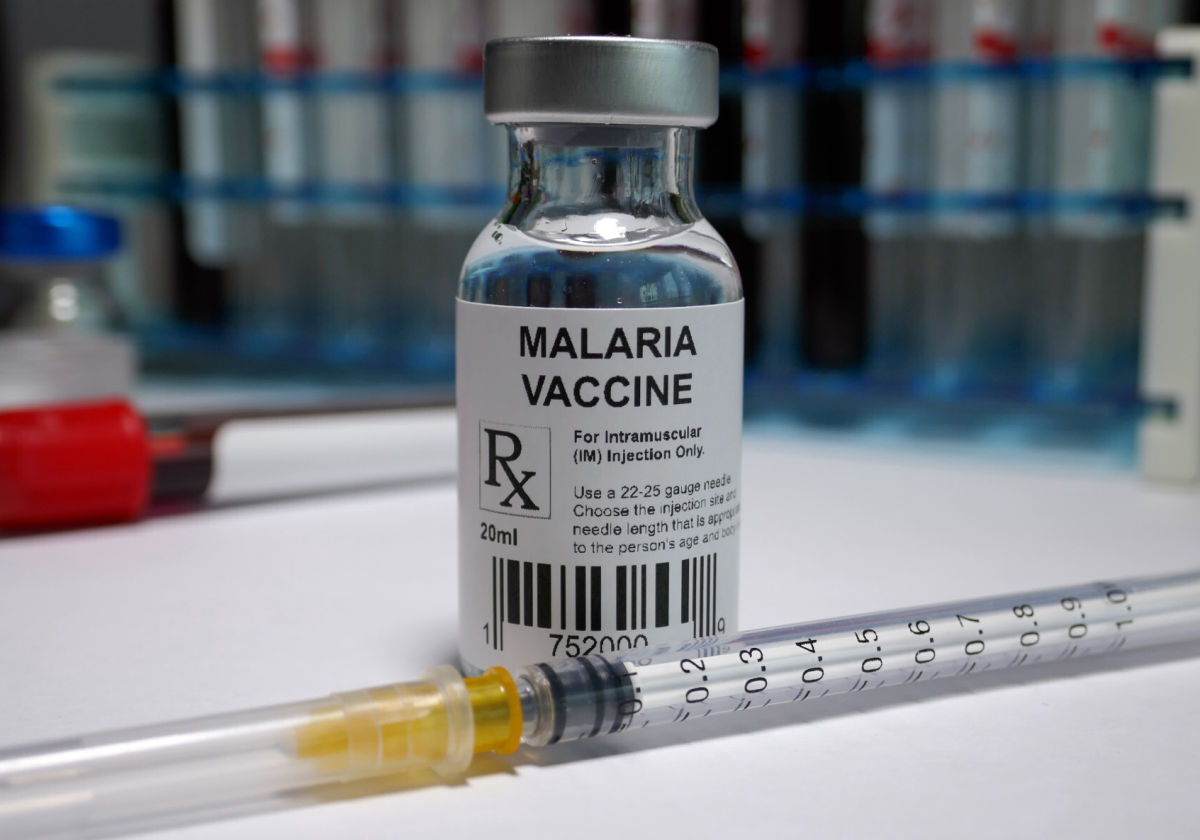
7,000 Children start malaria vaccination in Jaman South
Over 7,000 children in the Jaman South municipality in the Bono Region have received the first dose of the RTS malaria vaccine currently being rolled out in 42 districts across the country.
As of February this year, 7,329 children under two years in the area had received their first doses of the vaccine.
Advertisement
The municipality started the Malaria Vaccination Implementation Programme (MVIP) in May 2019 as part of 42 districts selected nationwide to implement the programme, as a complement to other malaria control measures to reduce the specific disease burden on the country.
The RTS, S is a vaccine that acts against plasmodium falciparum, the deadliest malaria parasite globally and most prevalent in Africa.
In January 2016, the vaccine was recommended by the WHO for pilot introduction in selected areas of three African countries, namely Ghana, Kenya and Malawi.
Improvement
The Jaman South municipality is said to have since recorded a decline in malaria cases.
The Municipal Director of Health, Mrs Christiana Afia Konadu, said total malaria cases from outpatients departments in 2020 were 58,506, compared to 65,095 in 2019.
For children under five for the same period, in 2020 the municipality recorded 17,444 cases, as against 19,784 for 2019, a drop of 2,340 cases, she said.
She attributed the continued decline in malaria cases to a range of interventions, including the vaccination programme, the use of long-lasting insecticidal nets (LLINs) and education.
The municipality, she said, also recorded zero malaria fatality in 2020.
She said as part of the treatment of malaria, the municipality had adopted the three Ts policy: Test, Treat and Track.
She said before treatment was given for any suspected case of malaria, the person had to be tested before being given the medication.
Parental role
In a separate interview, the Jaman South Health Information Officer, Mr Seidu Sadick, stressed the importance of parental education, particularly mothers, for them to bring their children within the categorised ages to be vaccinated.
He explained that although there were four doses to be administered to each beneficiary child, the first dose received the most patronage during the first year of implementation, while the subsequent doses recorded a reduction.
He said while the first dose had 7,329 children vaccinated, 7,021 children took the second dose, while those who received the third dose were 6,672.
As of February this year, only 1,252 children in Jaman South had completed their fourth dose of the vaccine.
Mr Seidu attributed the low patronage in subsequent exercises to mothers’ withdrawal.
He explained that most of the residents were farmers who normally went back to their farms in far places during the rainy season and were thus unable to present their children for the subsequent doses.
Aside from that, he said, the six-month span between the third and the fourth doses accounted for the failure of mothers to return with their kids for the fourth dose.
Mr Sadick said constant prompting and reminders, as well as educational campaigns during Child Welfare Clinics, were necessary to get mothers to return for the fourth dose.



